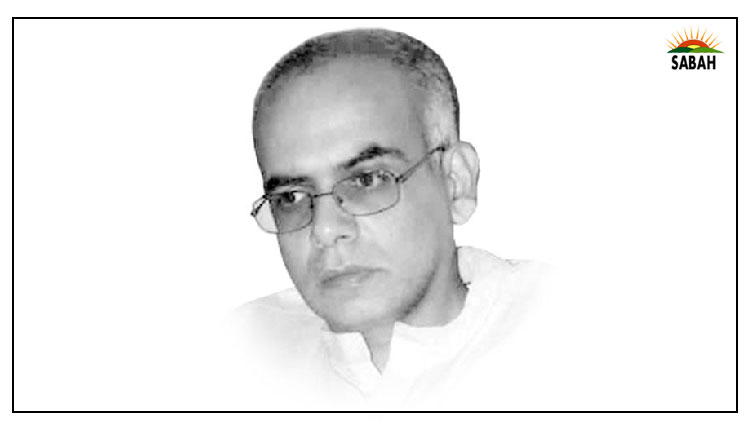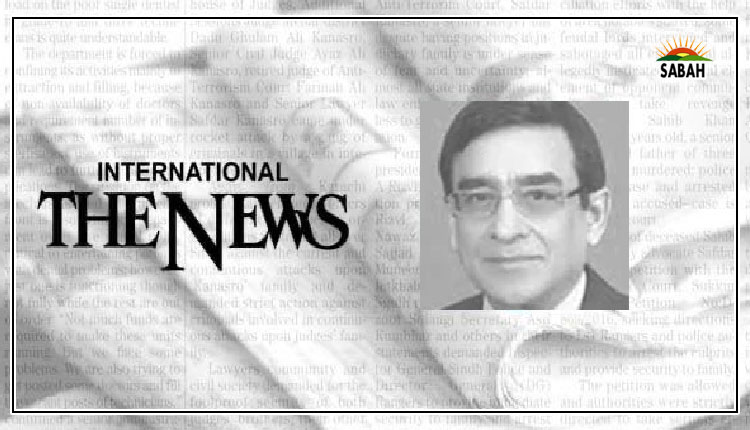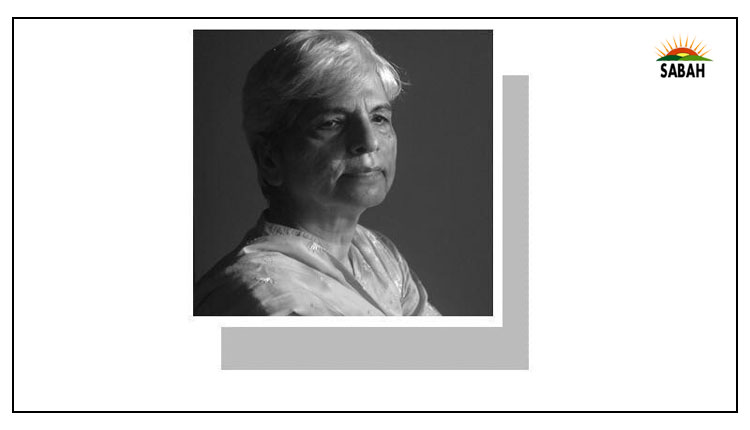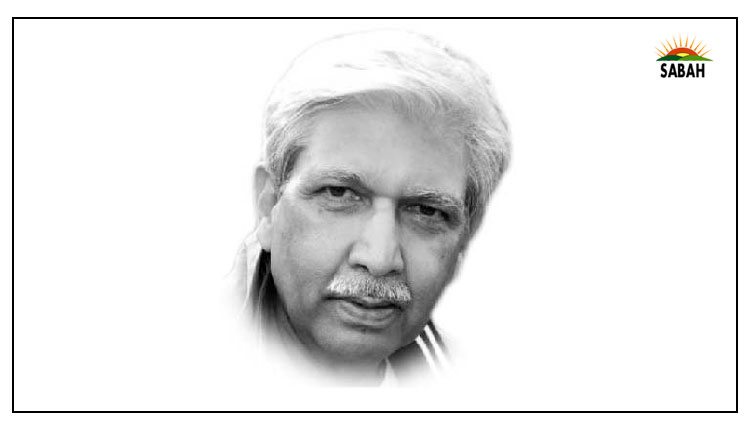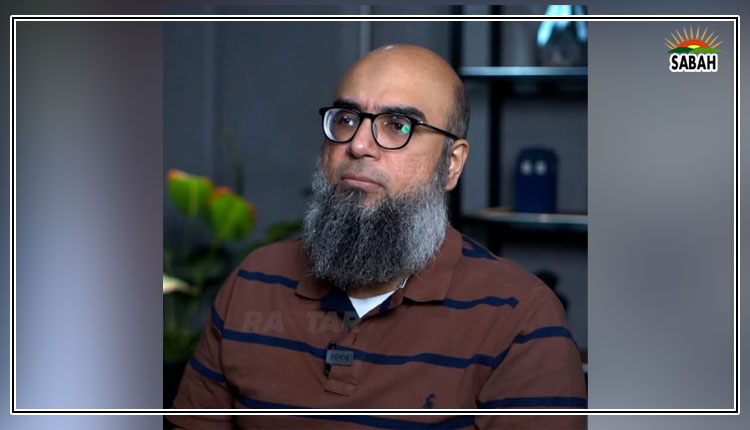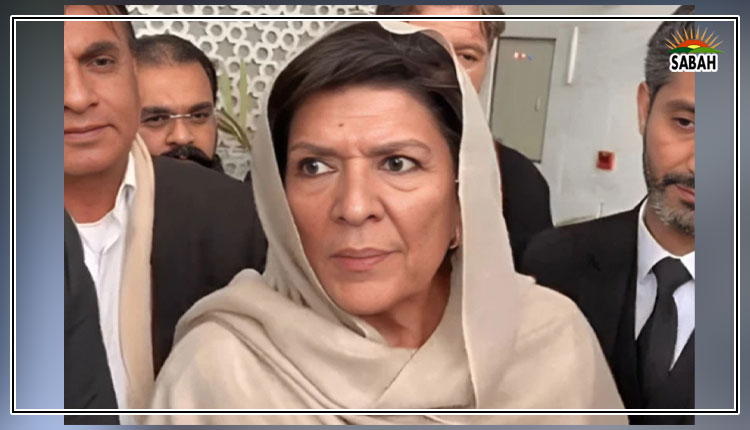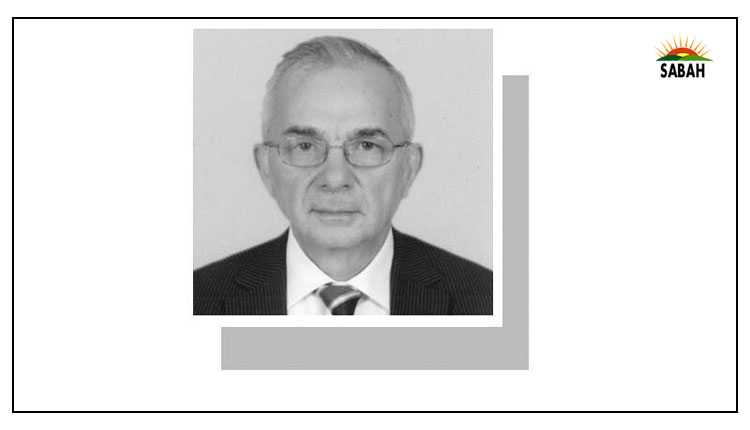Zakaria, brilliant, wrong … Ashraf Jehangir Qazi
IN a seminal article in the latest issue of the US establishment journal, Foreign Affairs, under the caption ‘The Self-Doubting Superpower’, author and commentator Fareed Zakaria writes “America shouldn’t give up on the world it made” whereas, in truth, despite his impressive array of statistics mankind is inevitably and rightly giving up on a world America made for itself, which is today globally threatening human survival. A 27-page essay can only be summarily reviewed in 1,000 words.
The Zakaria narrative is a continuation of the ‘realpolitik’ and later the ‘liberal-left’ establishment narrative that American crimes cannot render America a criminal entity because they are mere deviations from the norm of American decency, morality and virtue. America may make mistakes.
It does not commit crimes no matter how many ‘mistakes’ it makes, and whatever the scale of injustice and human tragedy they cause. Only “other countries”, including victims of American mistakes, commit crimes.
Accordingly, Zakaria happily reels off all the mistakes of American foreign policy secure in the conviction that none of the devastation visited upon peoples around the world, especially the Muslim world, can call into question America’s “broad, open, generous vision of the world”, unless it gives into “fear and pessimism” caused, in the main, by the policies of Russia and China.
Needless to say, American and by and large Western opinion is primed, manufactured and engineered to receive the Zakaria narrative with acclamation which, of course, is all that matters.
Zakaria challenges the notion of “American dysfunction and decay”, citing a whole range of economic, financial, military, technology, energy, innovation, investment, immigration and demographic data.
It is within this statistical bonanza that Zakaria mentions America’s “many problems”, which it has far more resources to deal with than other countries have to deal with their problems. Unlike its rivals, the US has no “irremediable structural dysfunction that will lead inexorably to collapse”.
This relentless capitalist class warfare of the superrich against the poor is not reflected in Zakaria’s statistics.
While the US no longer presides over a unipolar world and all roads no longer lead to Washington, China still does not share a “bipolar world” with the US as it has far less allies and far more pushback and vulnerabilities than the US. (Many US military experts, however, believe the US cannot win a war in the Taiwan Straits and the South China Sea, and any escalation beyond would inevitably lead to a nuclear conflict and mutual destruction.)
Putin’s vision of a Great Russia led to his “aggression” in Ukraine. He “miscalculated” that the US was “losing interest in its European allies”. Zakaria disingenuously suggests the invasion was unprovoked when, in fact, it was meticulously designed by the US and its European allies to leave Putin no choice but to respond to Nato’s expansion along the historic invasion route to Russia and be trapped in an unending and debilitating war. Regime change in Moscow was the goal. This does not excuse the invasion of Ukraine but it sure explains it.
Ditto for China, Taiwan and the South China Sea; Iran and the Middle East; Hamas and the Palestinian cause; and “the retreat of the US from Afghanistan’, which has in fact been part of the larger containment of China. Both Xi and Putin sought strategic cooperation with the US, but US insistence on global hegemony as a condition put paid to those possibilities.
Zakaria, nevertheless, speaks of the US reaching out “to build a working relationship with” China. He even goes to the extent of saying “Beijing often talks about ‘win-win cooperation’. Washington has a track record of actually doing it.”
The military of Pakistan is committed to friendship and cooperation with China while its leadership is beholden to the US — a balancing act that only a viable state with a viable economy can perform. In the present circumstances, something will have to give — especially if the Gulf countries take over Pakistan.
It is not clear, however, which way the Gulf cookie will crumble given the longer-term implications of US support for Israeli genocide against an Arab people. Whereas Russia’s expanding border supposedly threatens the liberal international order Israel’s apparently does not! Nor for that matter does India’s!
To his credit, Zakaria quotes the DG of the World Trade Organisation about the “supreme hypocrisy” of the Western world for its “protectionism, subsidies and industrial policies” while preaching the contrary to developing countries. In fact, Noam Chomsky quotes Adam Smith’s reference to the vile capitalist maxim of “all for us and nothing for the rest” as continuing today in the rule of 0.01 per cent who have in the US transferred $50 trillion over the past 40 years from the poorest Americans to their own bank accounts.
To know what it means to be poor in America — the world’s wealthiest country — the writings of Chris Hedges and Richard Wolff may be consulted. This relentless capitalist class warfare of the superrich against the poor is not reflected in Zakaria’s welter of statistics. This class warfare is now being waged on a global scale with all its impact on the environment and the future of mankind.
In conclusion, Zakaria says “much of the appeal of the US is that the country was never an imperial power on the scale of the UK and France”. The overwhelming fact on the contrary is that there has never been an imperial power on the scale of the US today. Zakaria says the US “has rarely sought territory when it has ventured abroad”.
He is right. The US seeks strategic resources. And vulnerable countries that prioritise the use of their resources for their own purposes often pay an existential price. Yes, the US remains popular with much of the ruling elites of the world who exploit their own people and seek security from their wrath.
Being a ‘public intellectual’ is a tricky business. It is a calling rather than a profession. And professional intellectuals have a right to make a living. But as Chomsky has observed they cannot be both public and professional intellectuals.
The writer is a former ambassador to the US, India and China and head of UN missions in Iraq and Sudan.
ashrafjqazi@gmail.com
Courtesy Dawn, December 16th, 2023


